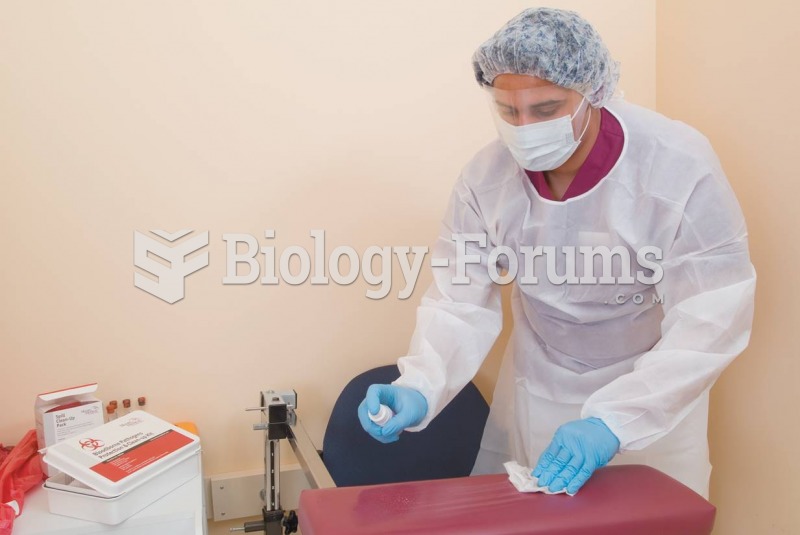|
|
|
In ancient Rome, many of the richer people in the population had lead-induced gout. The reason for this is unclear. Lead poisoning has also been linked to madness.
No drugs are available to relieve parathyroid disease. Parathyroid disease is caused by a parathyroid tumor, and it needs to be removed by surgery.
There are more bacteria in your mouth than there are people in the world.
According to research, pregnant women tend to eat more if carrying a baby boy. Male fetuses may secrete a chemical that stimulates their mothers to step up her energy intake.
Hippocrates noted that blood separates into four differently colored liquids when removed from the body and examined: a pure red liquid mixed with white liquid material with a yellow-colored froth at the top and a black substance that settles underneath; he named these the four humors (for blood, phlegm, yellow bile, and black bile).
 John Lewis Krimmel’s painting of the Fourth of July in Centre Square Philadelphia (1812) shows the d
John Lewis Krimmel’s painting of the Fourth of July in Centre Square Philadelphia (1812) shows the d
 A family of African Americans arrive in Chicago, migrants from the American South, in an exodus that
A family of African Americans arrive in Chicago, migrants from the American South, in an exodus that





